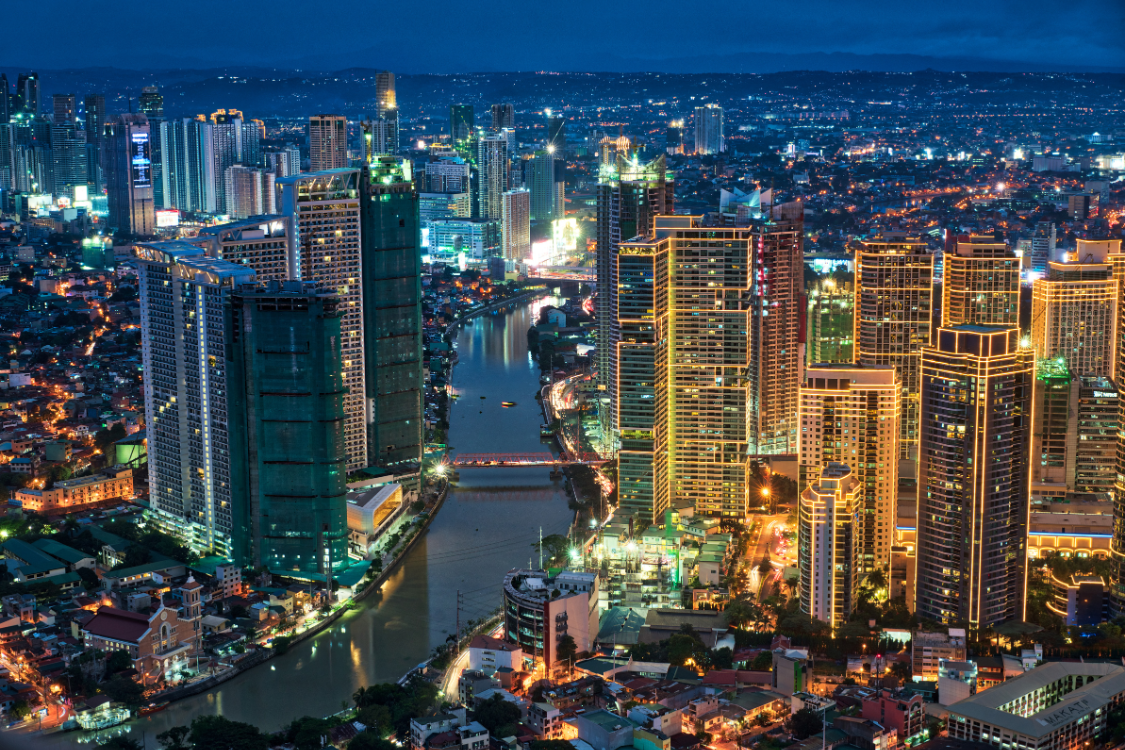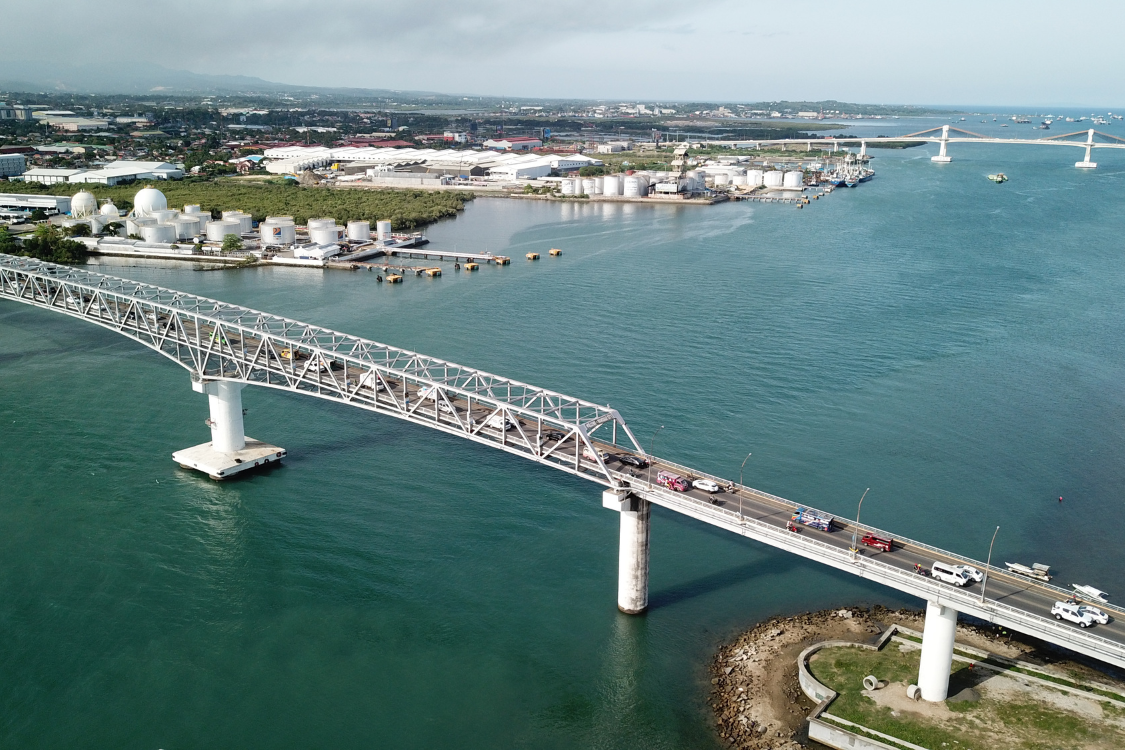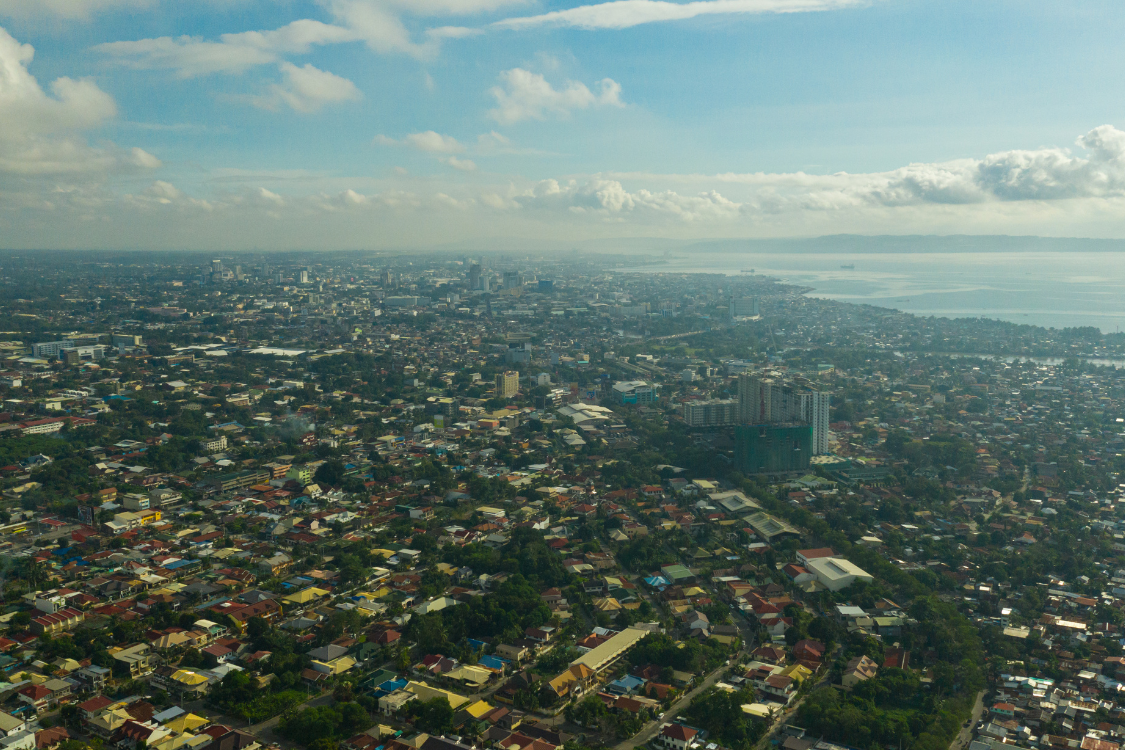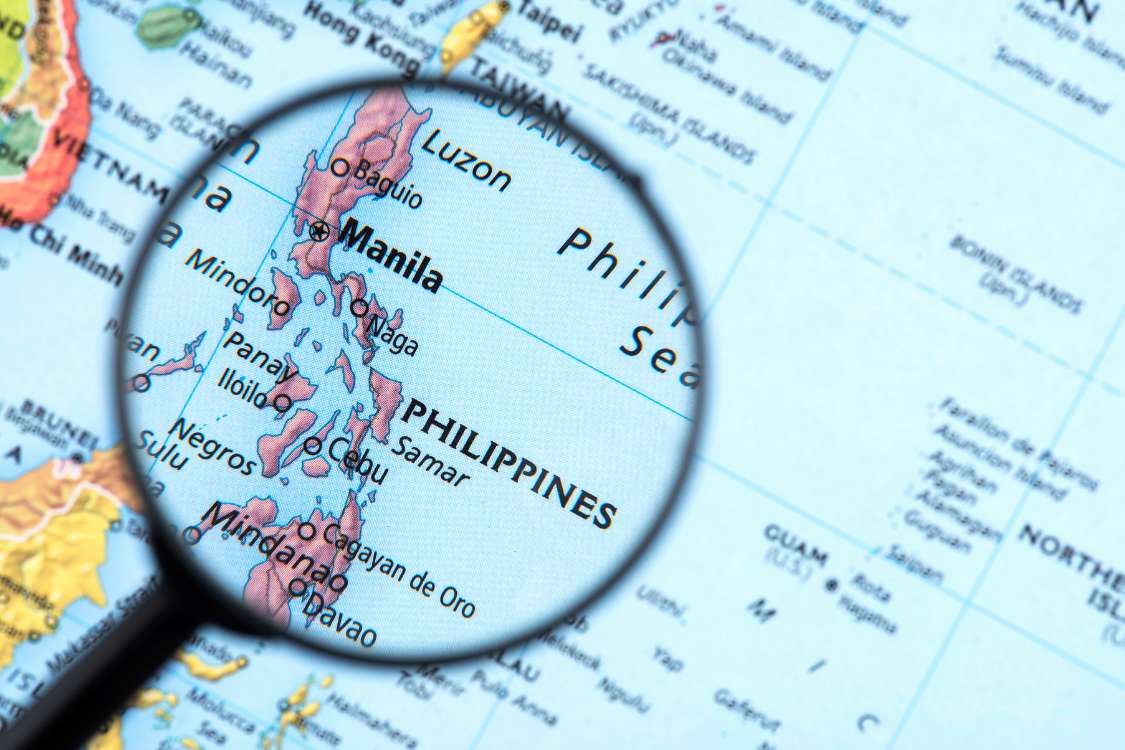Introduction
Hiring remote talent in the Philippines isn’t just a task; it’s a strategic move that can shape the future of your business. The three major cities—Manila, Cebu, and Davao—each offer distinct advantages, from salary ranges to employee loyalty.
If you’ve been considering offshore hiring, choosing the right city is just as important as choosing the right person. The location you pick can affect everything from your budget to your timelines and even the quality of your work. A poor fit could lead to higher costs, slower progress, or reduced output.
This guide breaks down the job market, culture, and living conditions of each city to help you make a smarter hiring decision.
Why Regional Hiring Strategy Matters
Different regions attract different types of talent. That’s why companies hiring in the Philippines need to think locally, even when hiring remotely.
Costs and candidate quality vary by city
Cebu is affordable but skilled. Manila is expensive but fast. With its quieter streets, fresher air, and stable electricity, Davao offers strong loyalty and lower costs. Your hiring decision affects everything. It influences productivity, the money you spend on training, real-time data management, and overall living expenses.
Location affects turnover, specialization, and loyalty
In Davao, people tend to stay longer in their jobs. In Manila, workers move faster, often switching companies as they search for higher pay or new challenges. Cebu finds a balance in the middle, especially for admin, support, and design roles.
Small details = big ROI for remote teams
Stable internet, clean air, and shorter commutes contribute to a smoother work experience and more consistent productivity. When you combine these with lower living costs, the savings extend well beyond payroll. If you figured these factors were minor, it might be time to compare results across cities and see how much they impact your bottom line.

Quick Snapshot: The Philippines’ 3 Major Talent Hubs
Manila, Cebu City, and Davao City are the top three hiring locations in the country. Each offers a different slice of Filipino life, shaped by cost, culture, and local industries. The region you decide to hire from can directly impact team performance and budget.
Manila: Highest cost, largest pool
Manila is the heart of the country, home to multinational industries, global food chains, high-rise malls, and top-tier universities. The cost of rent and living is the highest, but so is the access to specialized talent. If you’re ready to scale fast, Manila is a smart bet. Many professionals here have taken specialized course programs and have substantial experience in fast-paced environments.
Cebu: Balanced quality and affordability
Cebu offers a great mix of affordability and skill. English-speaking professionals with strong Filipino values thrive here, especially in customer service and tech support roles. It’s also a tourism hub near the coast, often seen as a paradise by locals and expats. Cebu’s history is rich with cultural festivals, where street dance and community events unite people. It’s a place where business meets beauty, and fun blends easily with professional life. Many companies even showcase their teams through short video features highlighting the city’s charm.
Davao: Lowest cost, strongest loyalty
Davao is ideal for companies that value retention and stability. Located near lush mountains and protected land, the region promotes a slower, more focused pace of life. While the talent may need more training, the returns on loyalty are high. It’s an emerging outsourcing hub that offers long-term value without high rent or turnover pressure.

Salary Comparison by Region (2025 Estimates, Monthly USD)
Wages in the Philippines depend heavily on location. According to the Social Security System (SSS)’s regional salary comparisons, Metro Manila offers the highest salaries due to stronger competition and higher living costs, while Davao City generally offers the lowest. Cebu City falls in the middle, giving companies a balance of price and talent. Here’s a salary comparison by region for typical remote roles:
| Role | Manila | Cebu | Davao |
|---|---|---|---|
| Virtual Assistant | $700–1,200 | $600–1,000 | $500–900 |
| Customer Support Rep | $600–1,000 | $500–850 | $450–750 |
| Graphic Designer | $850–1,400 | $750–1,200 | $650–1,000 |
| Bookkeeper | $800–1,300 | $700–1,100 | $600–1,000 |
| Junior Web Developer | $1,200–2,000 | $1,000–1,800 | $900–1,600 |
Salaries are based on 2025 estimates compiled for illustrative purposes using publicly available job postings, outsourcing trends, and typical market ranges. Exact sources may vary, and figures are not from an official government dataset.
Talent Density and Education Access
The Philippines has a high English literacy rate, producing over half a million college graduates yearly. However, where you hire plays a significant role in the talent you’ll tap into, especially in education and commitment.
Manila: Most candidates from top universities
Many graduates from the University of the Philippines, La Salle, and Ateneo often build careers in Manila. Many take course paths in tech or business and move into fast-paced global industries. It’s a competitive city where candidates gain a rich mix of skills, but some may feel lost in the crowd without clear leadership.
Cebu: Strong local universities, especially in tech and support
Cebu universities consistently produce reliable, loyal talent. Many professionals come from family-first homes, often helping with their children or living near extended relatives. These values carry into the workplace, making Cebu City hires dependable and grounded.
Davao: Fewer graduates but growing talent
Davao has fewer nationally ranked universities compared to Manila or Cebu, but it shows a deep commitment to education and workforce development. Institutions like the University of Southeastern Philippines (USeP) and Ateneo de Davao University are producing graduates in tech, business, and education. Students often study near corner markets, small churches, and neighborhood malls, creating a grounded, community-centered environment. Though job opportunities may be fewer, those who succeed usually become intensely loyal team members who value stability and long-term growth.

Internet and Infrastructure Reliability
Reliable internet and electricity are crucial when hiring remote staff. While the Philippines continues to improve digital access, performance still depends on the location.
Manila and Cebu: Reliable uptime in major districts
Fiber internet, mobile backup, and UPS systems stabilize operations in Cebu and Manila. Teams can work from restaurants, coworking spaces, or homes with steady access.
Davao: More downtime, but it’s manageable
Davao experiences occasional internet outages, but these are generally manageable with the use of mobile data backups and uninterruptible power supplies (UPS), ensuring minimal work disruption. People often work while enjoying the breeze from the mountains or heading to beaches on weekends.
Use UPS, fiber + mobile fallback setups across regions
No matter the city, using a fiber internet connection with a mobile data backup can prevent costly interruptions. Adding an uninterruptible power supply (UPS) helps protect work in case of sudden outages. These small steps reduce risk and help your team stay productive across the three regions.

Regional Culture and Work Style Differences
Work habits and communication styles differ across cities. These differences can affect teamwork, deadlines, and how employees handle feedback.
Manila: Fast and competitive
Manila is your best bet if you need to move quickly and fill high-level roles. It’s a high-energy environment with fast-moving service sectors, high living costs, and frequent job changes. Many professionals here have studied advanced course tracks and are used to working in demanding environments similar to NY-style business hubs.
Cebu: Collaborative and stable
Cebu City offers a more relaxed pace, making it a favorite among remote teams looking for long-term stability. Workers often balance career growth with time for family, community, and nature. After work, it’s common to see people heading to beaches, local restaurants, or places of worship. As a popular tourist and outsourcing destination, Cebu blends strong service experience with a grounded, people-first mindset.
Davao: Loyal, calm, and community-driven
Davao hires tend to be deeply rooted in their communities. Loyalty, teamwork, and long-term thinking define how they work. Many employees grew up nearby and enjoy simple joys like walking, catching up with friends, or attending local festivals. The lifestyle is more modest, but the work ethic is as strong. This makes Davao a great place to build teams that last.

Retention Rates and Competition
High employee turnover can cost time and money. Retention rates vary across the Philippines, depending on how competitive the local job market is.
Manila: High competition from MNCs, faster job hopping
Major companies and multinational corporations in Manila attract top talent with large offers. This makes it harder to retain staff, especially in tech, design, and leadership roles. Employees often leave for better pay or faster career growth, which drives up recruitment costs.
Cebu: Moderate retention, less competitive than Manila
Cebu City sees less turnover than Metro Manila, though it’s still a growing business hub. Workers may stay longer if they feel valued and see growth opportunities. Its lower cost of living compared to Manila also reduces pressure to jump between jobs.
Davao: Highest retention among first hires and long-term staff
Davao City has fewer employers competing for the same roles, which leads to stronger loyalty. Team members often stay for years when treated well. Davao City is a low-risk choice for stable, long-term hiring for startups and small companies.

When to Choose Manila
Metro Manila is ideal for fast hiring, advanced skill sets, or high-volume recruitment. As the capital of the Philippines, it serves as the central hub for top companies, global brands, and government institutions.
You need advanced specialists fast
Hiring in Manila gives you access to a deep pool of industry professionals. You can tap into a workforce experienced in software, digital marketing, and finance—many of whom have worked with clients from other countries. For companies in a hurry, this is where the search for top-tier talent often begins and ends..
You’re building a senior-level offshore leadership role
Manila’s talent pool includes experienced project managers, department heads, and senior developers. These candidates understand corporate structures and have access to better training and mentorship programs. The capital offers strong leadership capabilities if you’re ready to decide on a region that can support long-term growth.
You’re ready to pay more for speed and talent pool size
The city has higher living expenses and salaries, but you’re also getting a broader, more seasoned talent base. When analyzing the data, companies find that while Manila may cost more upfront, the quick results and vast network often justify the investment. The city offers great perks—from coworking spaces to world-class restaurants—that help attract and retain top professionals.

When to Choose Cebu
Cebu City is a strong alternative to Metro Manila. It offers a wide range of skilled professionals, but the cost of living, excluding rent, is significantly lower. For founders who want to compare talent hubs in the Philippines, Cebu stands out as a balanced, budget-friendly destination.
You want strong English skills with good salary efficiency
Cebu City’s talent often comes from universities with strong English programs. Many professionals here are experienced in business process outsourcing and customer service roles. Thanks to its affordable lifestyle, even excluding rent, you can offer fair pay while saving on overhead.
You need BPO experience without Metro Manila rates
Cebu has become a top location for outsourcing companies, especially those working with international visitors and clients. Employees are familiar with tools used in global workflows, making it easier to onboard and scale. The city also benefits from its role in tourism, which boosts English fluency and cultural adaptability.
Ideal for support, admin, creatives, and marketing roles
Cebu’s job market fits these roles well, from social media and design to admin and support. Many teams even create office tour videos to show off the local vibe to overseas clients. If you’re looking for a reliable place to build your team, Cebu City makes it easy to settle in and get things done. It’s the kind of place where good work and great things happen.

When to Choose Davao
Davao City is best for founders focused on retention, lower costs, and long-term team building. It’s also growing as a destination for tech and back-office roles, supported by a strong Filipino work ethic and community values.
You prioritize retention and cost
Davao City has the country’s lowest living expenses and most affordable salary expectations. Local purchasing power is higher here than other cities, meaning your team can enjoy a good quality of life on a modest salary. Lower rent and daily costs also allow businesses to stretch their budgets further.
Best for junior hires, VA roles, back office, and bookkeeping
Many companies find great success in hiring virtual assistants, bookkeepers, and data entry staff in Davao City. These professionals are eager to learn and often stay loyal to the companies that train them well. The city’s clean surroundings and better air quality create a more pleasant and distraction-free work environment.
Willing to provide more onboarding support in exchange for loyalty
While Davao City workers may need more onboarding, they often reward employers with long-term service. Investing time upfront results in stable teams that reduce churn. If you want to grow slowly but sustainably, Davao gives you that edge.

Choose the Right City to Build the Right Team
Visionary founders have figured out that picking the proper city makes all the difference. In this country, every region offers unique talent, culture, and services that can shape your team’s success. The Manila vs. Cebu vs. Davao hiring comparison is not just about salary differences. It’s about finding the right fit for your goals, timelines, and team values.
Do you need fast hires, or do you want people who stay? Think about where your next person is from, what streets they walk, what history they carry, and what kind of team you want to build. If you’re planning a long-term strategy, it’s worth visiting each region virtually or in person. In the Philippines, hiring is not just a business move. It is about building the right land with links and talking to grow something vibrant.
Frequently Asked Questions
Which is better for hiring, Manila or Cebu?
Manila offers more talent for specialized roles, while Cebu City provides better value for general support positions.
Is Davao City a good place to hire remote workers?
Davao City is known for high employee loyalty, lower salaries, and strong English skills.
Why do companies hire in Cebu?
Cebu City has strong business process outsourcing talent, reliable infrastructure, and lower costs than Metro Manila.
Is it cheaper to hire in Davao City than in Manila?
Yes, salaries in Davao City are often 20 to 30 percent lower than those in Manila for similar roles.
What are the disadvantages of hiring in Manila?
Manila has higher turnover rates, salary demands, and living costs than other regions.
References
- Philippine Daily Inquirer. (2023, August 14). Powering Cebu: Stable electricity for growth. Inquirer.net. https://business.inquirer.net/411827/powering-cebu-stable-electricity-for-growth
- SSS Salary Loan. (n.d.). Cost of living across the Philippines: Salaries in various regions explored. https://sss-salary-loan.com/cost-of-living-philippines-regional-salary-guide/
- Llemit, R. L. G. (2019, September 19). Air quality in Davao City still ‘good’. SunStar Davao. https://www.sunstar.com.ph/davao/local-news/air-quality-in-davao-city-still-good
- Philstar.com. (2020, November 19). 2020 English proficiency index: Philippines out of world’s Top 20 but is No.2 in Asia. https://www.philstar.com/headlines/2020/11/19/2058021/2020-english-proficiency-index-philippines-out-worlds-top-20-no2-asi




